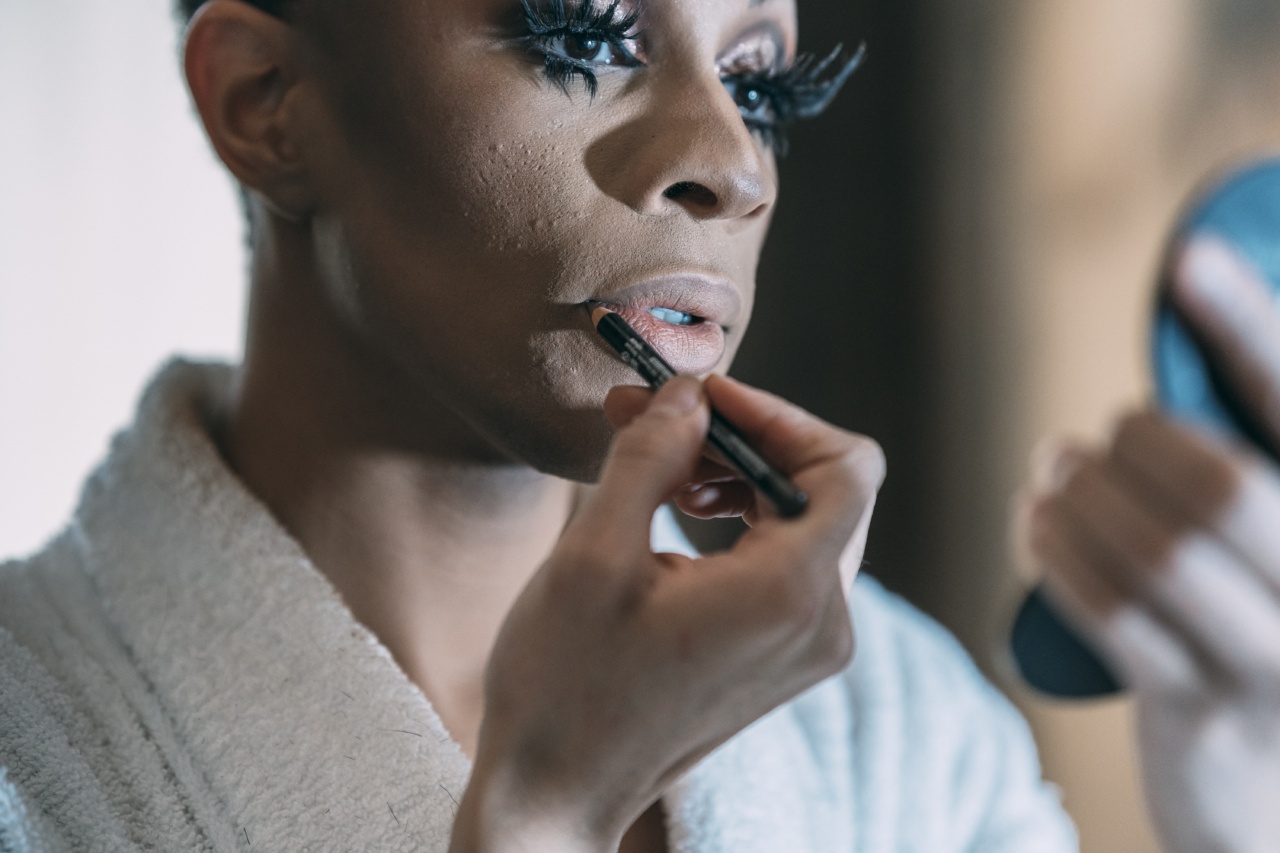For years, the common belief has been that men are more sexual than women. This belief has been passed down from generation to generation and has been reinforced by popular culture. However, recent studies have shown that this is not true.
There is a false dichotomy regarding the sexualities of men and women, and it is time that we break down this myth and start treating men and women equally in terms of their sexual desires and needs.
Sexual Desire
One of the biggest misconceptions about the sexualities of men and women is that men have a higher sex drive than women. This is simply not true. In fact, studies have shown that women have just as much sexual desire as men, if not more.
The difference is that women are often socialized to suppress their desires and not express them, while men are encouraged to do so.
It is important to understand that sexual desire is a personal and individual thing. Everyone experiences desire differently, regardless of their gender.
Just because someone is a man, it does not mean that they want sex all the time, and just because someone is a woman, it does not mean that they do not want sex as much as a man.
Sexual Pleasure
Another myth surrounding men and women’s sexuality is that men are more interested in sexual pleasure than women. This is also not true.
Women can experience the same levels of pleasure as men, and it is unfair to assume that they are not interested in sexual pleasure. The difference is that women have often been socialized to prioritize their partner’s pleasure over their own.
It is important to understand that sexual pleasure is just as important for women as it is for men. Everyone deserves to experience pleasure in their sexual experiences, regardless of their gender.
Sexual Orientation
Sexual orientation is another area where the false dichotomy of men and women’s sexuality is perpetuated. The stereotype is that men are more likely to be attracted to women, while women are more likely to be attracted to men.
However, recent studies have shown that sexual orientation is much more fluid than previously thought.
The studies have found that sexuality is a spectrum, and people can be attracted to a variety of different genders and sexes.
It is important to recognize and respect people’s sexual orientations and not make assumptions based on outdated stereotypes.
Sexual Consent and Boundaries
Another issue that arises from the false dichotomy of men and women’s sexuality is that it can lead to a lack of understanding around consent and boundaries.
The belief that men are more sexual than women can lead to the idea that men are always ready for sex, and that women should always be available.
This is a dangerous assumption. Everyone has the right to set their own boundaries and to say no to sexual activity if they are not comfortable with it.
It is important to have open and honest communication about consent and boundaries in all sexual interactions, regardless of gender.
The Importance of Breaking Down This False Dichotomy
Breaking down the false dichotomy of men and women’s sexuality is essential for creating a more equitable and just society. It is important to recognize that everyone experiences sexuality differently, regardless of their gender.
This means treating everyone with respect and understanding, regardless of their sexual desires, interests, or orientation.
Breaking down this false dichotomy also means challenging harmful stereotypes and assumptions that can lead to harmful and unequal sexual relationships.
It means advocating for equal access to sexual pleasure and the right to set personal boundaries and make autonomous decisions about sexual activity.
Conclusion
The false dichotomy of men and women’s sexuality is a harmful myth that has been perpetuated for far too long. It is time to break down this myth and start treating men and women equally in terms of their sexual desires and needs.
This means understanding that sexual desire is personal and individual, that women can experience pleasure just as much as men, that sexual orientation is fluid, and that everyone has the right to set their own boundaries and make autonomous decisions about sexual activity.




























